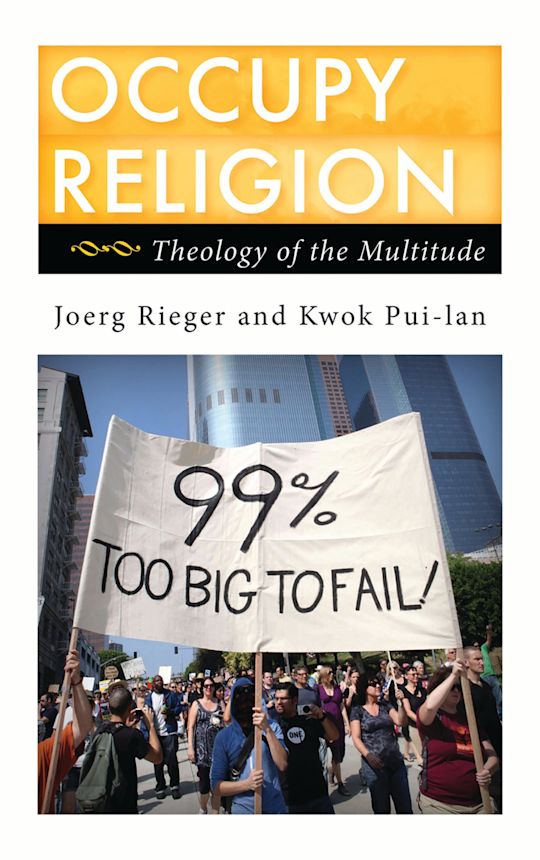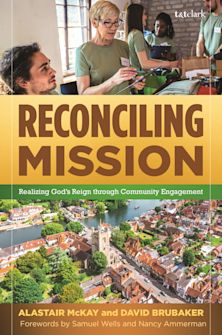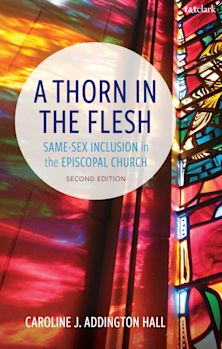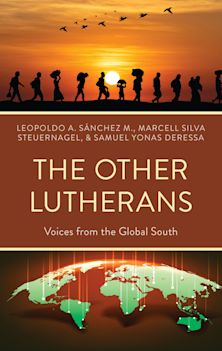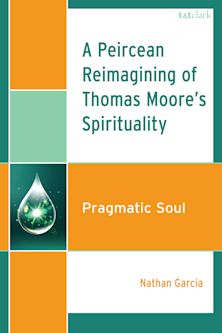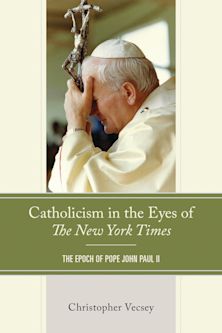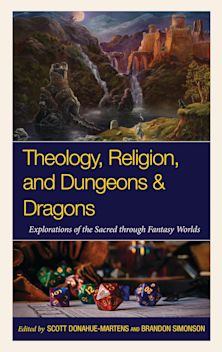- Home
- ACADEMIC
- Theology
- Theology - Other
- Occupy Religion
This product is usually dispatched within 1 week
- Delivery and returns info
-
Free CA delivery on orders $40 or over
You must sign in to add this item to your wishlist. Please sign in or create an account
Description
Occupy Religion introduces readers to the growing role of religion in the Occupy Movement and asks provocative questions about how people of faith can work for social justice. From the temperance movement to the Civil Rights movement, churches have played key roles in important social movements, and Occupy Religion shows this role is no less critical today.
Table of Contents
Chapter 1 Why Occupy Religion?
Chapter 2 We Are the 99 Percent
Chapter 3 The Multitude Springs into Action
Chapter 4 Theology of the Multitude
Chapter 5 Reimagining the God of the Multitude
Chapter 6 Envisioning the Church of the Multitude
Epilogue
Product details
| Published | Oct 12 2012 |
|---|---|
| Format | Hardback |
| Edition | 1st |
| Extent | 164 |
| ISBN | 9781442217911 |
| Imprint | Rowman & Littlefield |
| Dimensions | 236 x 156 mm |
| Series | Religion in the Modern World |
| Publisher | Bloomsbury Publishing |
About the contributors
Reviews
-
The Occupy Wall Street movement, as it pertains to theology, is examined here. The authors communicate clearly and compellingly as they offer examples from the Occupy events that provoke religious consideration and illustrate Occupy’s possible influences in the religious theater. The volume also looks back at Liberation theology and how some of the events of the 1960s had religious overtones. The Occupy theology concept, as delineated here, seems to offer new ways to define justice, opportunities to discover the divine through human diversity (including religious diversity), and pathways to authentically participative religion. The text’s discussion of historic underpinnings will assist the reader new to this field, while those familiar with the work of Hans Kung and Paulo Freire will appreciate grappling with this new focus.
Booklist
-
A comprehensive overview of how faith communities responded to the Occupy Movement, with fascinating asides about the faith and spirituality tent in Boston, where Zen Buddhists, Muslims, and Jews held prayers and services.
Publishers Weekly
-
In Occupy Religion two Christian theologians offer observations concerning the Occupy movement that swept through many American cities in 2011 and 2012. Rieger (Southern Methodist Univ.) and Pui-lan (Episcopal Divinity School) discuss the implications they find in that movement for religious thought generally and for Christian theology in particular. Adopting the Occupy movement's insistence that society is divided into the 1 percent and the 99 percent, they describe the latter as the "multitude," a group whose protest is legitimate and long overdue. The core of their thesis is presented in chapters on the God of the multitude and the church of the multitude. Therein they argue for an immanent God and a church of inclusion that is not restricted by time and space. The Occupy movement's claims regarding itself tend to be taken rather uncritically. Not all readers will find convincing this book's use of the Occupy movement as a kind of metaphor for all contemporary movements of social and economic protest. Nonetheless, this volume does offer thought-provoking observations on what a convincing contemporary image of God might be and on how a viable church might be shaped for the 21st century. Summing Up: Recommended. Researchers/faculty, professionals/practitioners, and general readers.
Choice Reviews
-
Authors Kwok Pui-lan and Joerg Rieger seek to convey the 'subversive and transforming power of the God incarnate' at work in the midst of 21st-century income inequality. Think of it as liberation theology 2.0.
True to the theology it proposes, this book does not take a top-down view, but rather observes how the divine is emerging from the ground up. The authors provide an offering for our own reflection, resonance and participation. Because much of the content is experiential, readers without a formal theological background will find the language and ideas accessible.National Catholic Reporter
-
It is easy to conclude that the Occupy movement was a flash in the pan, enacted by disgruntled people without a plan or staying power, a passing whim to be forgotten. This book insists otherwise. Its authors are peculiarly equipped to make the argument. Joerg Rieger, professor of theology at Southern Methodist University, has produced a series of important studies on the role of empire in the imagination and interpretation of the Western theological tradition. Kwok Pui-lan, professor of theology and spirituality at Episcopal Divinity School, is at the forefront of a postcolonial hermeneutics that both exposes the hegemony of empire and thinks outside that hegemony for alternative possibilities. These authors are of immense importance and are not as well-known as they deserve to be. Rieger and Kwok situate the Occupy movement in a global context and subject the movement and its resisters to acute theological commentary. Rieger and Kwok entertain the thought that the Occupy movement, a modest global awakening, is a chance that a church that is too much formed by the transnational capitalist class will notice its natural constituency elsewhere. They conclude with the recognition that the theologies of the empire are 'finished theologies.' The work of the multitude, however, is an unfinished theology that thrives among those who rally around Moses and Jesus.
The Christian Century
-
The author's deftly engage social, economic, and political dynamics through the lens of the Occupy movement.
Anglican and Episcopal History









